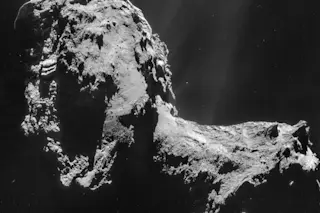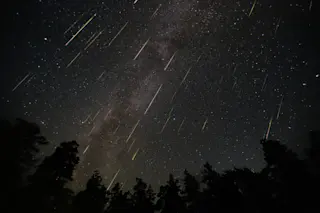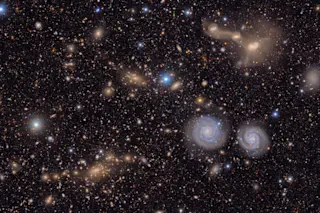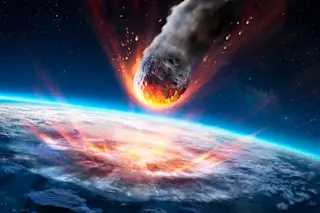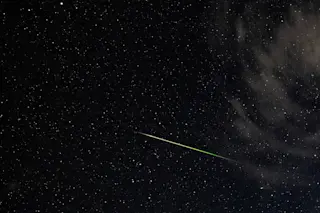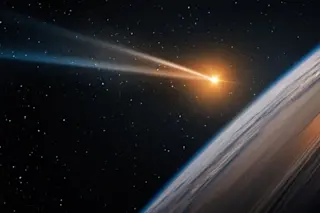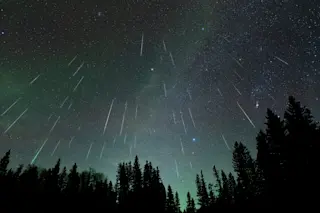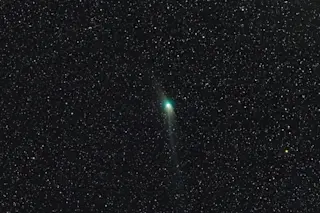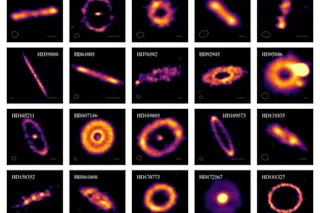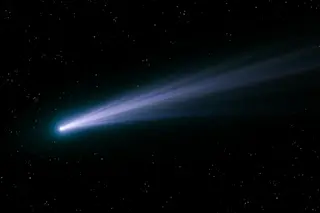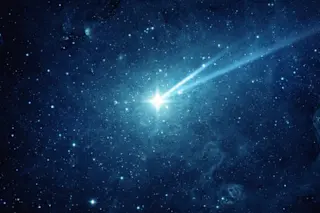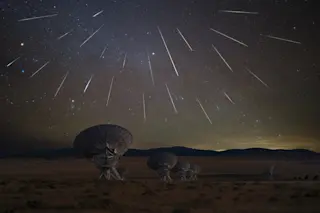Comet 67P as seen by the Rosetta probe. (ESA/Rosetta/NAVCAM – CC BY-SA IGO 3.0) Europe’s Rosetta mission has only been in orbit around Comet 67P/Churyumov-Gerasimenko for a few months but it's already shed light on one of the central questions it was launched, ten years ago, to answer: Where did Earth's water come from? Based on evidence of the comet's water, Rosetta scientists announced this week that it adds evidence that, contrary to prevailing theory, comets didn't supply Earth with its water. The new findings instead suggest that asteroids were the likely bearers of life-giving H2O on our planet.
Since August, the Rosetta probe has been orbiting Comet 67P/Churyumov-Gerasimenko, and on Nov. 12, as you may already know, its Philae lander touched down on the surface — a first for mankind. But back aboard Rosetta, an instrument called Rosina has been taking measurements of the gasses spewing out of 67P. ...


